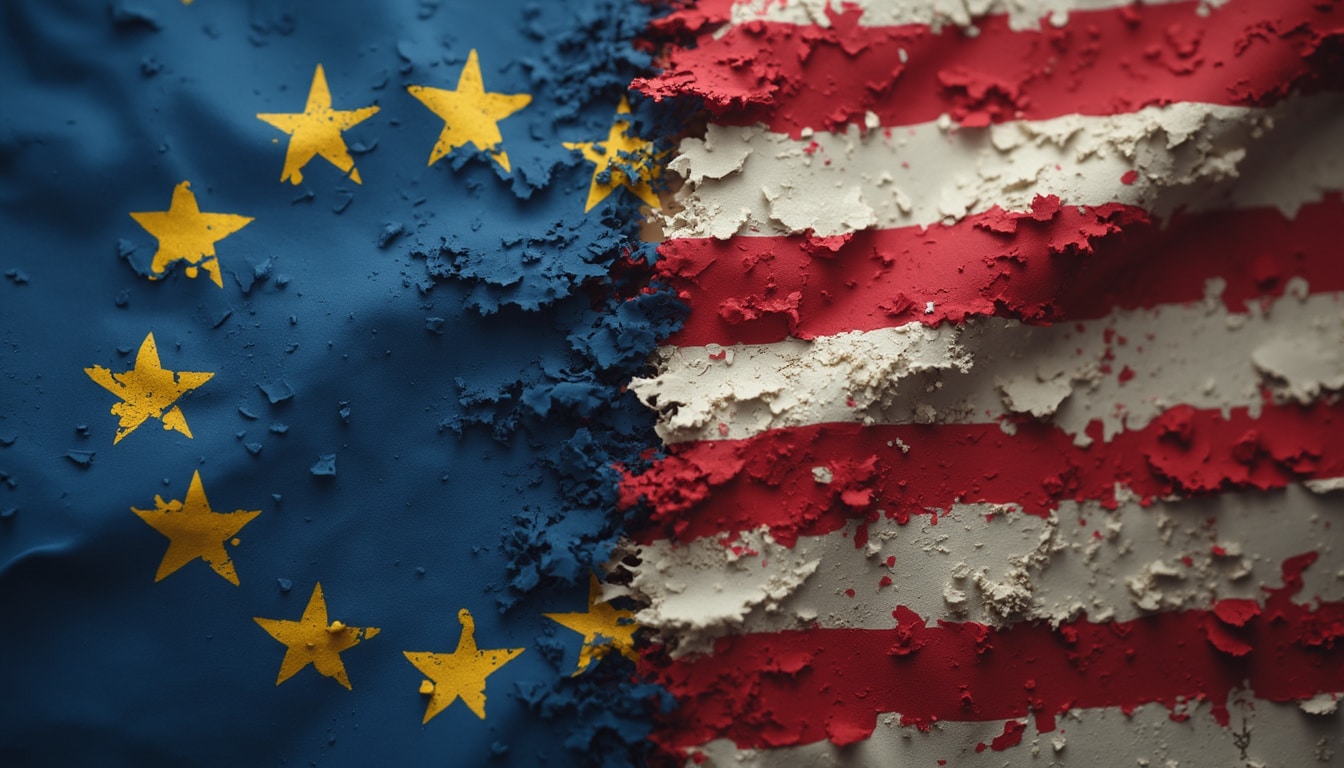Apple, technology giant, finds itself under the spotlight as accusations of complicity in the exploitation of “conflict minerals” shake the digital world. The Democratic Republic of Congo claims that the brand’s supply chain is tainted by systematically reprehensible practices, directly linking the tech jewels we hold in our hands to modern forms of slavery. Criminal lawsuits filed in Europe force every player, both professional and consumer, to reconsider the smooth façade of cutting-edge devices to see the brutal reality of conflicts fueled by these precious resources.
The Democratic Republic of Congo (DRC) has launched a lawsuit against Apple, accusing it of knowingly financing a trade characterized by atrocities through the use of “conflict minerals” in its devices. These minerals, such as tin, tantalum, and tungsten, are often extracted through forced labor or child exploitation in mines controlled by armed groups in sub-Saharan Africa. Although Apple has implemented responsible sourcing policies, the DRC asserts that the company’s supply chain is corrupt and that deceptive practices are used to reassure consumers about the cleanliness of this chain. These accusations highlight the alarming link between modern technology and human exploitation in certain regions of the world.

Table of Contents
Togglecriminal accusations against Apple
The recent accusations brought by the Democratic Republic of Congo highlight the presence of conflict minerals at the heart of Apple’s supply chain. These materials, often referred to as blood minerals, are extracted under deplorable conditions and fuel armed conflicts in the region. The DRC alleges that Apple is fully aware of these dubious practices but continues to benefit from them nonetheless. This lawsuit criminalizes not only the Californian company but also raises fundamental questions about the ethical responsibility of tech giants.
exploitation and human suffering behind digital screens
In this sense, the extraction of tin, tantalum, and tungsten in sub-Saharan Africa constitutes a lucrative yet deadly activity. Often employing forced labor and children, this industry fuels a spiral of violence and poverty while continuously enriching global markets. Despite industry efforts to certify the ethical sourcing of these materials, the complexity of supply chains makes them still vulnerable to illegal minerals. These conflict initiators are consequently prevalent at the base of a wide range of technological products.
a race towards sustainable solutions
Under the barrage of accusations, Apple defends itself by highlighting its commitments to responsible sourcing. The company announces plans to transition to using 100% recycled materials by 2025. However, the international community demands a more unified approach to counter the trade of these shameful minerals. This is evidenced by significant actions like the international tin supply chain initiative. Apple hopes that through its recycling initiative, it can encourage a similar movement in the industry, despite the lack of strict regulation.










